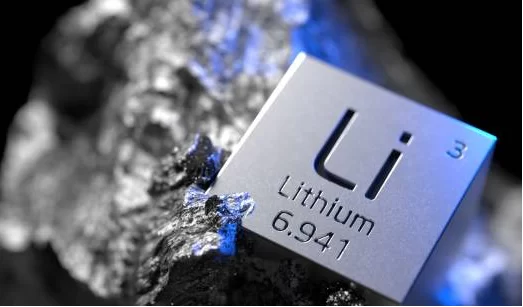Understanding Energy Storage Systems: The Role of Lithium Batteries
In today’s world, the demand for efficient energy storage solutions has never been higher. With the rise of renewable energy sources like solar and wind, energy storage systems have become essential for balancing supply and demand. One of the most popular options in this space is the energy storage system lithium battery. This blog post will explore what energy storage systems are, why lithium batteries are favored, and how they are transforming the energy landscape.
What is an Energy Storage System?
An energy storage system (ESS) is a technology that captures energy for use at a later time. These systems play a crucial role in managing energy supply and demand. They store excess energy generated during peak production times and release it during periods of high demand. This not only ensures a steady energy supply but also helps stabilize the grid.
The Rise of Lithium Batteries
Among various energy storage technologies, lithium batteries have gained immense popularity. But why are they the go-to choice for many energy storage systems? Here are some key reasons:
- High Energy Density
Lithium batteries have a higher energy density compared to traditional batteries, meaning they can store more energy in a smaller space. This feature makes them ideal for both residential and commercial energy storage systems. Homeowners looking to install solar panels can benefit significantly from this compactness, as it allows for efficient use of available space.
- Longer Lifespan
Lithium batteries generally have a longer lifespan than other types of batteries. While lead-acid batteries may last around 3-5 years, lithium batteries can often last 10 years or more with proper maintenance. This longevity translates into cost savings over time, making them a smart investment for energy storage systems.
- Fast Charging and Discharging
Lithium batteries are known for their ability to charge and discharge quickly. This characteristic is particularly beneficial for energy storage systems that need to respond rapidly to fluctuations in energy demand. For instance, during a hot summer day, when air conditioning usage spikes, these batteries can quickly release stored energy to meet the increased demand.
- Low Maintenance
Compared to other battery types, lithium batteries require minimal maintenance. They do not need regular watering like lead-acid batteries, and they generally have built-in management systems that monitor their health. This ease of maintenance is a significant advantage for homeowners and businesses alike.
How Energy Storage Systems with Lithium Batteries Work
Energy storage systems utilizing lithium batteries work in a straightforward manner. When energy production exceeds demand, such as during sunny or windy days, the excess energy is stored in the batteries. When energy demand rises, the system discharges this stored energy back into the grid or directly into homes.
Integration with Renewable Energy
One of the most exciting applications of energy storage systems lithium battery technology is in conjunction with renewable energy sources. Solar panels and wind turbines often produce energy inconsistently, depending on weather conditions. By integrating lithium battery storage, these renewable systems can provide a consistent and reliable energy supply, even when production dips.
Applications in Daily Life
From residential setups to large-scale commercial applications, energy storage systems with lithium batteries are transforming how we use energy. Homeowners can install these systems alongside solar panels to ensure they have energy available even when the sun isn’t shining. Businesses can benefit by reducing peak demand charges, allowing for better financial management.
Environmental Benefits
Using energy storage systems lithium batteries also has significant environmental benefits. By facilitating the use of renewable energy, these systems help reduce reliance on fossil fuels. Moreover, advancements in lithium battery recycling are making it easier to minimize waste and recover valuable materials, further promoting sustainability.
The Future of Energy Storage
As technology continues to advance, the energy storage landscape will likely evolve. Research is ongoing to improve lithium battery technology, focusing on increasing energy density, reducing costs, and enhancing recycling methods. These improvements will make energy storage systems even more accessible and efficient.
Conclusion
In conclusion, energy storage systems lithium battery technology plays a crucial role in our transition to a more sustainable energy future. Their high energy density, long lifespan, quick charging capabilities, and low maintenance needs make them a favorable choice for both residential and commercial applications. As we continue to innovate and integrate these systems with renewable energy sources, we are paving the way for a cleaner, more efficient energy landscape. If you’re considering investing in an energy storage system, exploring lithium battery options could be a game-changer for your energy needs.
By understanding the importance and benefits of energy storage systems with lithium batteries, you can make informed decisions that not only benefit your wallet but also the environment. Whether you’re a homeowner, a business owner, or simply someone interested in sustainable living, there’s no doubt that energy storage technology is an exciting field to watch.

